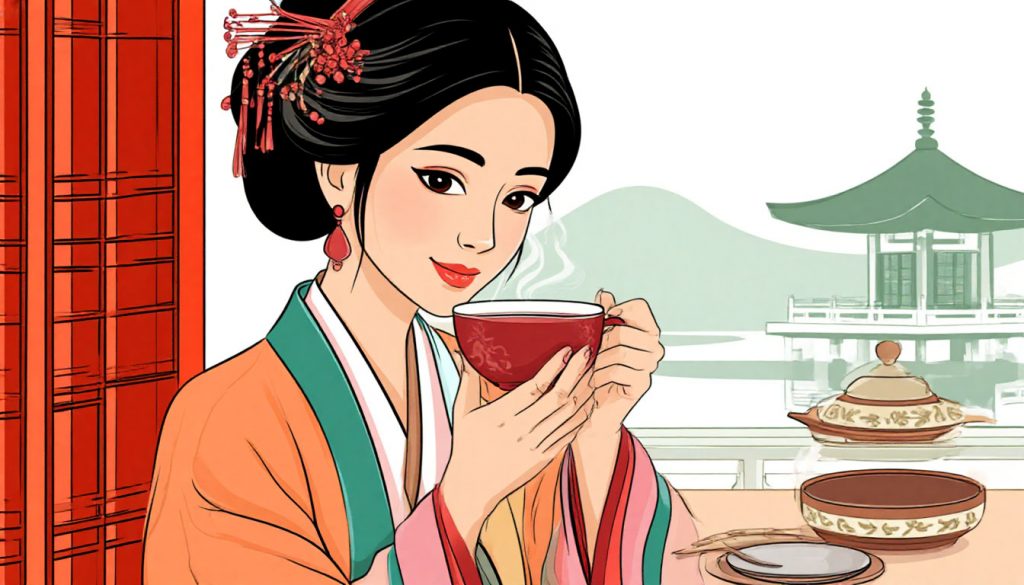Herbal tea is not technically a true tea, as it does not come from the Camellia sinensis plant like green or black tea. Instead, it is an infusion made from dried leaves, flowers, seeds, roots, or bark of various plants. For centuries, cultures across the globe have consumed herbal teas for their flavors and medicinal properties. Today, science is beginning to support many traditional uses, showing that herbal teas can provide a wide range of health benefits, from relaxation and digestion to immune support.
Different Types and Their Uses
There are hundreds of herbal teas, each with unique properties. Chamomile tea is widely known for promoting relaxation and improving sleep quality due to its mild sedative effects. Peppermint tea aids digestion and may relieve bloating and nausea. Ginger tea is often used for anti-inflammatory purposes and is helpful for colds and sore throats. Hibiscus tea is rich in antioxidants and may lower blood pressure. Rooibos, a South African herbal tea, contains polyphenols that support heart health and may reduce oxidative stress.
Health Effects and Scientific Findings
Many herbal teas contain compounds with antioxidant, antibacterial, and anti-inflammatory properties. Regular consumption can support the immune system, help reduce stress, and improve hydration. Some herbal teas, like lemon balm, have shown promising results in reducing anxiety and mild insomnia. While more large-scale clinical studies are needed, the available research suggests that herbal teas can be a beneficial part of a wellness routine, especially when replacing sugary or caffeinated beverages.
Cautions and Considerations
Despite their natural origins, not all herbal teas are suitable for everyone. Some may interact with medications or be unsafe during pregnancy. For instance, licorice root tea can raise blood pressure if consumed in excess. Always consult with a healthcare provider before using herbal tea as a health treatment. It is also essential to choose high-quality, pesticide-free products and avoid teas with artificial flavorings or sweeteners.
Glossary
- Herbal tea – an infusion made from non-tea plants, such as herbs, flowers, or roots.
- Polyphenols – plant-based compounds with antioxidant properties.
- Anti-inflammatory – substances that reduce inflammation in the body.
- Oxidative stress – damage caused by free radicals in cells and tissues.
- Sedative – a substance that promotes calmness or sleep.
- Pesticide-free – products grown without chemical pest control substances.


